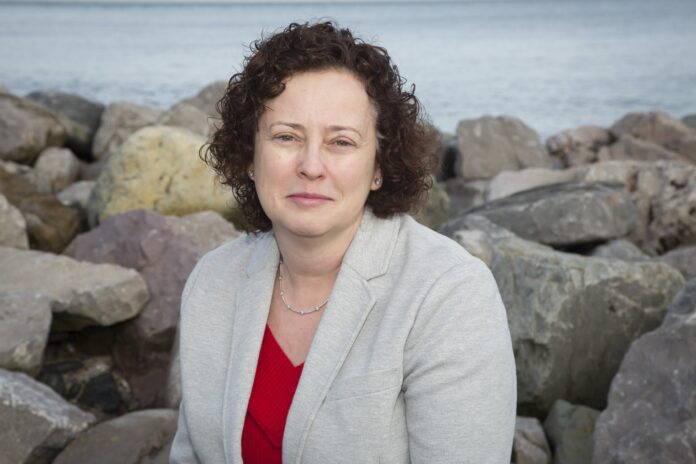Health boards and councils are adding to West Wales NHS crisis with unfair postcode lottery of care fees
nvesting in social care in order to provide better pay for frontline staff would help relieve the dire NHS crisis in West Wales.
That’s the view of Mary Wimbury, the chief executive of Care Forum Wales, who said health boards and local authorities were significantly to blame for the emergency because the fees they paid providers didn’t allow them to pay care home and domiciliary care workers well enough.
She spoke out after the Welsh Government indicated that hospital patients could be discharged without the usual care packages being put in place.
According to Ms Wimbury, something had to be done urgently to sort out the problem of so-called “bed blocking” with hospitals struggling to admit patients because many of those already there were unable to be discharged because there was nowhere for them to go.
It was vital, she said, to sort out the postcode lottery of fees which meant that health boards and local councils were paying vastly different rates for providing the same care packages.
One of the priorities was to replace the current patchwork approach was a national fee structure with fair fees that reflected the true cost of care and enabled providers to pay staff what they deserved.
Ms Wimbury said: “What we have to do is to make the system work together with health boards and local authorities recognising that their own attitudes in terms of how they commission care and how they pay for it is causing the crisis in social care .
“We have to be more joined up in terms of paying appropriate rates to enable providers to pay staff sufficiently to retain and recruit them, and provide the support that people need.
“It’s a lot cheaper to care for people in their own homes and in care homes than it is in hospitals, so we can free up money by investing properly in social care as well as keeping people out of hospital in the first place and getting them out more quickly when they’re there.
“It’s absolutely vital for a patient who needs support after leaving hospital to have a care package when they are discharged.
“In many cases, vulnerable people can’t support themselves in doing the everyday activities of living – and we can’t be in a position where we are effectively leaving them to fend for themselves.
“We’ve got to provide that care but we’ve also got to provide that support to care workers who are able to provide that care.
“The patients being discharged may need help with things like eating, taking medication, going to the toilet and getting washed and dressed. You need the training and skills to deliver that – and you need the compassion and the right values as well.
“Without that care, it is going to put a lot of pressure on families and friends in terms of providing that care.
“If we provide that infrastructure properly it frees up loved ones to work in other jobs and get things going in the economy, so it’s really short-sighted not to provide that infrastructure.
“Something has to happen quickly because one of things we are seeing at the moment is a real disparity in the amounts paid to those providing those vital care packages.
“We really need a national system and a national structure. Welsh Government have been saying we’ll get one but not before 2024. We need to have it sooner than that.
“Too many staff are still leaving social care. They’ve had a really hard couple of years with the pandemic and now there’s pressure on other parts of the system as well.
“If you’re providing care for somebody who’s fallen or even in some cases had a stroke and are waiting hours and hours for an ambulance, that just puts more and more pressure on staff and makes you more likely to feel you can’t continue in the job.
“If we can get more rewards to social care workers quickly, we can be in a position where we can free up the more expensive time spent in hospital.
“It’s about money but it’s also about partnership working as well, with different parts of the system working productively together – health boards and local authorities working with providers who are caring for vulnerable people across Wales.


| [donate]
| Help keep news FREE for our readersSupporting your local community newspaper/online news outlet is crucial now more than ever. If you believe in independent journalism,then consider making a valuable contribution by making a one-time or monthly donation. We operate in rural areas where providing unbiased news can be challenging. |


















